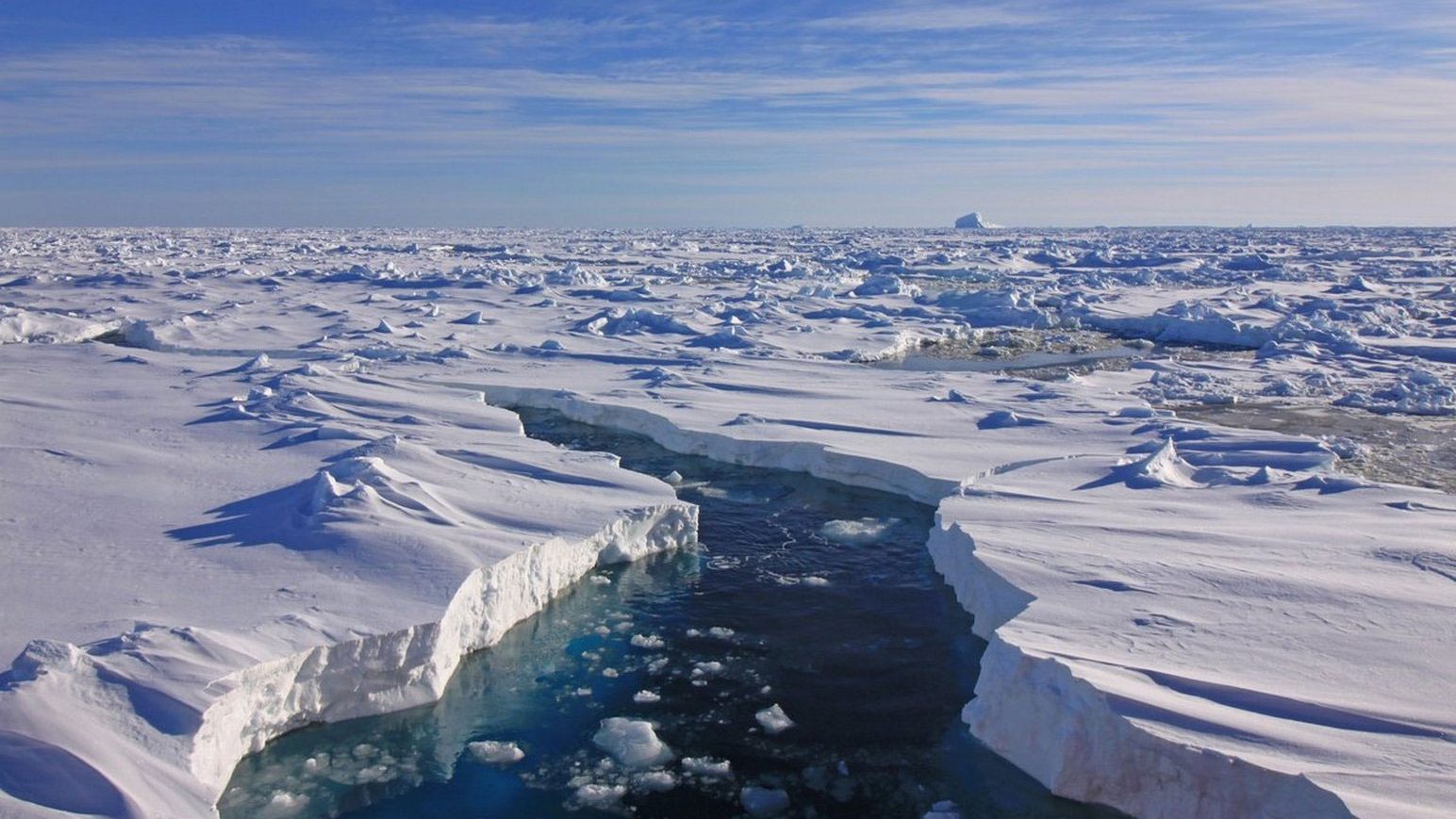21 May 2004
We arrived in Gjoa battered, bruised and beaten just before midnight and proceeded to the Amundsen Hotel. It advertises itself as the #1 hotel in town (it is the only one), and one pays for a bed there, not a full two-person room, so if travelling alone there is the possibility of a new acquaintance in the other bed. The facilities are more barracks-spartan than its 5-star pricing would imply. It is often full between mining executives, politicians and the occasionally well-heeled tourist, but we were early enough in the season to score rooms of our own.
After the joys of a simple life in the field, no use for credit cards or keys, with only survival and practical problems to deal with, it took me, as always, a bit of effort to reacquaint myself with the modern world. The hot shower was bliss, but I found the bed and mattress uncomfortable after sleeping on comfortable caribou skins nestled in soft snow. The room also seemed stuffy and stifling, and much to the hotel’s undoubted annoyance, had to crack the window to the freezing night to get airflow and a temperature that would allow sleep.
As usual, I was up very early and had a few hours to kill before the team meeting. There is little formality at the Amundsen, and few locked spaces, so I went downstairs with a book and took a seat in the restaurant with my latest novel, waiting for it to open and provide access to the necessary caffeine hit. It took a while for that to happen but was still preferable to unpacking my stove and instant coffee, moving outside and finding a clean snowdrift that had not served as a canine latrine to melt snow. In town, as in the field, patience is everything.
Eventually, a middle-aged lady opened up and served me my first coffee of the day. After so long on a largely processed and freeze-dried diet, the smell of cooking bacon and eggs drove me crazy. Still, I was reluctant to take out a second mortgage to pay for them. Mindful of the leftover granola bars in my pack upstairs, and of the dire state of our expedition finances, I made an effort to control my impulse. Instead, probably much to the annoyance of the server, who had undoubtedly expected the rich Southerner (all Southerners are rich) to contribute significantly to the local economy, I shamelessly nursed my second exorbitantly-priced coffee and waited for my friends.
The small restaurant, really a lunch counter with tables, is a social focus for the Gjoa community. The first real customer of the day was an Elder, who came in and engaged over the counter in a lengthy and animated conversation in Inuktitut with our host. The two ladies periodically looked over at me and then, purely by coincidence, I am sure, broke out in laughter. Eventually, the newcomer’s curiosity overcame her natural Inuit reticence, and she came over to my table.
Her (pointing to my weather-beaten face): You have been out on the land.
Me: Yes, ma’am.
Her: How many days?
Me (uncertain): About ten days.
Her: Fishing?
Me (considering possible explanations and giving up): Yes.
Her: How many holes?
Me (again uncertain): One hundred.
Her: How many fish?
Me: None.
With a quizzical and somewhat disgusted look, she moved back to the counter to resume conversation with her friend. There was a brief exchange in Inuktitut again, then they both stared at me and our host with obvious wonder and dismay at the strange ineptitude of Qallunaat, remarked with a sad shake of her head, “One hundred holes and no fish.” In pity, she let me sit in peace with my empty coffee cup for another hour until Tom wandered down to join me.
